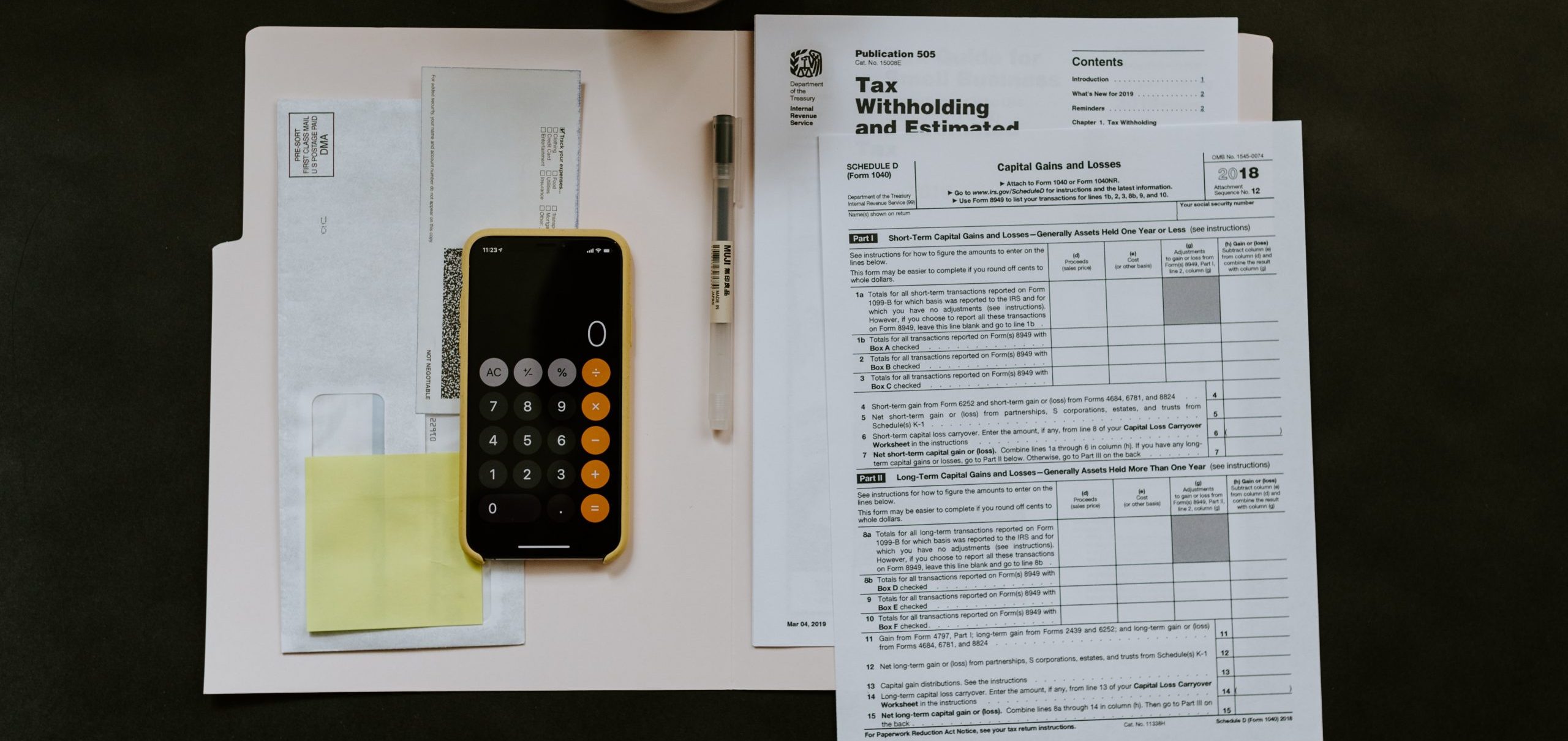Entrustment of civil judgment enforcement

The practice of civil judgment enforcement shows that there are many cases of judgments and decisions involving many judgment debtors in different places, assets and incomes of judgment debtors in other places. or during the execution of the judgment the judgment debtor moves to another place. For these cases, to ensure the effectiveness of civil judgment enforcement, it is necessary to entrust judgment enforcement.
1. Judgment execution entrustment prescribed in Article 55 of the Law on Civil Judgment Execution
The provisions of Article 55 are understood that the entrustment is the responsibility of the competent civil judgment agency, within a certain time limit from the date of determining there are grounds to issue a decision on entrustment and transfer the dossier to the enforcement agency. judgments where there are conditions to organize judgment enforcement to organize execution.
First, in Clause 1, it stipulates that “Heads of civil judgment enforcement agencies must entrust judgment enforcement to civil judgment enforcement agencies where judgment debtors have assets, work, reside or are headquartered. department”. The word “Yes” is here to affirm that the Lawmakers have clearly stipulated that the Head of the Judgment Enforcement agency must act immediately in the entrustment, cannot be delayed or hesitated by the provisions of Clause 3, Article 55 of this Law. Decision: The entrustment must be done within 05 working days.
However, in reality, the implementation of the entrustment is often delayed in the prescribed time due to many reasons, in which objective reasons such as the amount of work overloaded for the handling staff, usually the Sub-Departments of Execution. Judgment executioner arranges one or two comrades, so the monthly transfer of decisions to the judgment enforcement agency to the same-level judgment enforcement agency is usually a lot, possibly up to several tens of judgments and decisions, so it is often slow. about the decision-making time because according to regulations there are too many stages (reviewing the judgment in terms of form, entering the judgment receipt book, entering the book of acceptance and issuing the judgment enforcement decision, submitting it to the head for approval and assigning it to the decision-making body). Bailiffs). For the entrusting unit, based on the above provisions, when the dossier is past the time limit of 5 days, it is often returned to the entrusting place, while the entrustment place cannot remedy the violation, leading to the entrustment. The cycle takes a long time, affecting the legitimate rights and interests of the State, organizations and citizens.
Second, the entrustment of judgment enforcement has been done for many years, but now the perception and application of the law on the entrustment issue is different in each place. While the manual does not mention. Current common practice has three cases:
- Direct trust.
- Receive and issue judgment enforcement decisions and then entrust them.
- Entrustment in accordance with regulations.
The case of direct entrustment is the case where, right after receiving the court’s judgment or decision, the judgment debtor has a place of residence or property in another district or another province, the judgment enforcement agency receives the first-instance judgment. issue a decision on entrustment immediately (without processing, without issuing a decision on judgment enforcement). With the perception that although it is under the jurisdiction of the judgment enforcement agency when receiving the first-instance judgment (territorial jurisdiction), it is clearly stated in the judgment that the place of residence (or property) is not under the jurisdiction, so direct entrustment without having to accept and issue judgment enforcement decisions. The advantage in this case is that it is timely, does not take time, and saves costs, but it also has the disadvantage that the entrustment file is attached to the main judgment (the judgment is stamped by the court) if the entrustment is authorized by law. in the form of postal mail, can be lost (this is not a rare case in fact), it is difficult for the trustee to recover (because no documents are saved) and the trustee agency does not accept So do not know, the interests of the involved parties are “Suspended”. On the other hand, because direct entrustment (does not issue judgment enforcement decisions) there is no record as well as monitoring of management of this type of work is not strict and when direct entrustment is not included in the settlement rate and cost. value of the entity as well as the individual enforcer.
If the judgment debtor still accepts and issues a decision before entrustment, is the case where, right after receiving the court judgment or decision, the judgment debtor has a place of residence or property in another district or another province, the agency Judgment enforcers receive first-instance judgments, still accept and issue judgment enforcement decisions according to ordinary cases, then issue recovery decisions (in whole or in part) and entrust decisions. With the awareness that the acceptance and decision-making of judgment enforcement is within the competence according to the provisions of law. The advantage in this case is to strictly manage the input of the judgment enforcement agency, which can be remedied as soon as the judgment enforcement agency does not receive the entrustment; In this case, the assigned target is counted towards the individual and collective completion of the task, but the implementation is too cumbersome, time consuming, costly and laborious.
The third case: According to the judgment, the judgment debtor has a place of residence in the locality under the jurisdiction of the Judgment Execution Sub-department to issue the judgment enforcement decision. place of residence to another locality. Based on the verification results, the entrustment will be sent to the place where the judgment debtor is currently residing, this is a normal case and there are no problems.
Third, according to the provisions of Clause 1: “Heads of civil judgment enforcement agencies must entrust judgment enforcement to civil judgment enforcement agencies where judgment debtors have assets, work, reside or headquarters”. The determination of the place of residence of the litigant is simply understood as the place of the household registration of the involved party as recorded in the judgment that the judgment enforcement agencies have not referred to the Law on Residence 2006 to fully understand:
“1. A citizen’s place of residence is the lawful domicile in which he or she habitually resides. A citizen’s place of residence is a place of permanent or temporary residence.
Legal domicile is a house, vehicle or other house that a citizen uses for his or her residence. Legitimate accommodation may be owned by citizens or rented, lent or allowed by agencies, organizations or individuals in accordance with law.
Permanent place of residence is a place where a citizen has a permanent, stable, indefinite term in a certain place of residence and has registered for permanent residence.
Temporary residence is a place where a citizen lives outside the place of permanent residence registration and has registered his/her temporary residence.
2. If a citizen’s place of residence cannot be determined as prescribed in Clause 1 of this Article, the citizen’s place of residence is the place where he or she is currently living.”
Thus, according to the Law on Residence, the place of residence of citizens in general and of litigants in civil judgment enforcement in particular is very wide. However, at present, when performing entrustment, the place of entrustment and the place of entrustment are only limited to the opening part of the court’s judgment or decision (including name, place of temporary residence, place of permanent residence or place of entrustment). household registration…). Therefore, in order for the entrustment to be lawful, it is necessary to fully understand the concept of the citizen’s residence so that the entrusting place must promptly verify the accuracy of the involved parties before entrusting, including legal residence. (place to rent, place to borrow or place to stay…).
The phenomenon of entrusting around or refusing to receive entrustment is not uncommon without stopping because the legal regulations on this issue are also unclear and too general.
2. Competence to entrust judgment enforcement is specified in Article 56 of the Law on Civil Judgment Execution
Within the scope of Article 56, it specifies the fiduciary authority of civil judgment enforcement agencies. It should be noted that, at point a, clause 1 of this article, it must also be understood as both the entrusting authority and also the authority to receive entrustment of the provincial-level civil judgment enforcement agency.
When performing the entrustment, the civil judgment enforcement agency needs to closely follow and strictly comply with the provisions of Article 56 because if the entrustment is not within its competence, it will be the basis for the entrusted judgment enforcement agency to return the entrustment file according to the provisions of Article 56 of this Law. prescribed in Clause 2, Article 57. That prolongs the execution of the judgment and the purpose and meaning of the entrustment will not be achieved.
3. The order, procedures and responsibilities of the entrusting judgment enforcement agency and the entrusted judgment enforcement agency are specified in Article 57 of the Law on Civil Judgment Execution
Article 57 stipulates the order, procedures and responsibilities of the entrusting judgment enforcement agency and the entrusted judgment enforcement agency. A current problem that many judgment enforcement agencies do not understand correctly the spirit of the law leads to not properly performing their responsibilities.
In practice of entrustment, some judgment enforcement agencies, upon receiving the entrustment dossiers, did not accept and return them to the entrusted judgment enforcement agencies for the reason that there are many items to be executed in the judgment. in which there is an item for destruction of material evidences, only when the judgment enforcement agency has finished executing the amount of material evidence destruction will they be able to entrust the remaining amount, such interpretation is not in accordance with regulations.
According to the spirit of the above law, for assets seized, seized and distrained in the locality related to the entrustment, the new judgment enforcement agencies need to handle them before carrying out the execution. entrustment. The assets related to the trust in the above provisions are the cases where the property has been distrained or declared to be returned to the involved parties but used to secure judgment enforcement. As for the destruction of material evidences, it is not related to other payables. Therefore, the civil judgment enforcement agency can immediately perform the entrustment without having to wait for the destruction of material evidences. Entrusted judgment enforcement agencies should pay attention to the implementation and must not return the entrustment dossiers but must receive and organize the enforcement in accordance with regulations.
In general, the issue of entrusting civil judgment enforcement is one of the regulations aimed at reducing the costs of the state and the involved parties, and at the same time increasing the efficiency of the organization for the enforcement of judgments and decisions because the enforcement agencies Entrusted judgment enforcement agency is an agency with more favorable and easier conditions to execute the case. However, the issue of entrustment of judgment enforcement needs to be understood and properly implemented according to the provisions of the law to fully promote its role and meaning. The entrustment also creates a basis for civil judgment enforcement agencies to avoid and push the execution of judgments to other places even when the basis for entrustment has not been clearly defined.
Above is the advice of Khoa Tin on “Evaluating the provisions of the law on entrustment of civil judgment enforcement”.
In case customers have unclear issues or need to discuss further, please call us immediately at 0983.533.005 for a free consultation.
Best regards./.
Latest news










